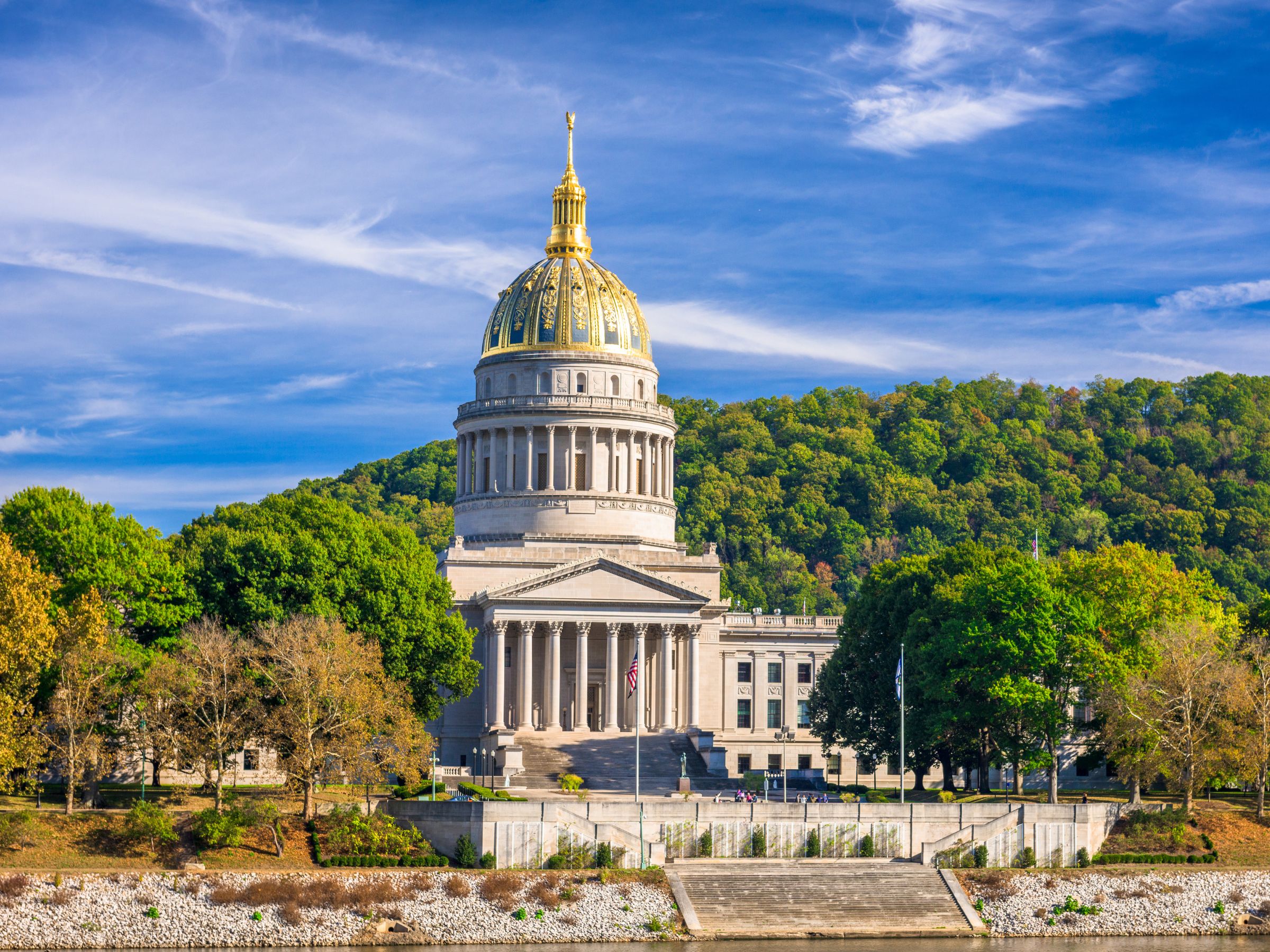By Luanne McGovern
By the time you are reading this, the 86th West Virginia legislative session will be drawing to its close. Thank goodness—March 11 cannot come soon enough. So far, it is hard to declare many victories. But it seems the goal each year is to make sure the worst bills do not move forward, and any small accomplishments are celebrated.
There are many bills still in play, so, this update is likely to be out of date, but here goes!
Public Lands
The most contentious bill concerning public lands is SB468 (Continuing Cabwaylingo State Forest Trail System). This bill is intended to make the use of Off-Road Vehicles (ORVs) in Cabwaylingo State Park and Forest permanent, after the three-year pilot program.
Unfortunately, several amendments and changes have been attempted to be added to the bill, expanding ORV use in state lands. These include “connector trails” from the Hatfield McCoy trails to state parks and forests, and the potential widespread expansion of ORVs in state forests. The Committee Substitute for the bill limited the amendments to allow connector trails only and was passed from the Outdoor Recreation Committee to the Senate. We will be monitoring any further amendments to the bill, but passage is likely.
The support of all West Virginia Highlands Conservancy members that have voiced their opposition is greatly appreciated.
SB4 (Creating Adopt-A-Trail volunteer programs for public land under DNR jurisdiction) was signed by the Governor on Feb. 20. Groups that already maintain trail systems on state lands are encouraged to follow this program’s implementation and ensure that they are recognized for the work currently being done. There is a concern that outside groups could come into state parks and forests and try to “improve” trails.
SB143 (Adopt A Stream) was signed by the Governor on Feb. 7.
SB160 (Rail Trails Program) provides clarifications to existing programs. It passed the Senate and is now in the House, where it is likely to pass.
HB2062 (Establish rules and regulations for e-bikes in West Virginia that more closely comport to federal law) would bring West Virginia regulations into compliance with the federal rules and allow “throttle only” bikes wherever regular bikes are allowed. This bill has passed the House and the Senate and is likely to become law.
SB162 (Authorizing director of DNR to lease state-owned pore spaces in certain areas for carbon sequestration) was signed by the Governor on Jan. 25. It is intended to allow CO2 sequestration from the production of “blue hydrogen” from natural gas at the state’s proposed hydrogen hub.
SB202 (Increasing terms of Natural Resources Commission members from four to seven years) passed in the Senate but appears to be stalled in the House.
SB595 (Relating to real property, tax, and registration requirements associated with carbon offset agreements) caused a lot of stir when it was introduced. It is intended to limit forest landowners from entering into carbon offset agreements for more than 20 years, and to impose large taxes on the proceeds from the agreements. Hopefully this bill is dead in committee.
At the last minute, SB739 (Relating to moratorium on carbon capture agreements) was introduced to prohibit landowners from entering into carbon capture agreements for 60 days from enactment. This would “allow the legislature to deliberate and pass laws as may be determined to be necessary to prevent or mitigate substantial economic harm to West Virginia citizens.”
Community Solar
HB2159 (Establishing a Community Solar Program) was introduced by Delegate Evan Hansen. SB627 (Establishing solar program for subscribers to gain credits against their utility bills) is a bipartisan version of the bill introduced in the Senate. Both bills would create a community solar program where subscribers could purchase an interest in a solar facility and use credits against their electric utility costs. There was hope that the Senate bill would progress, but both appear to be stalled, victims of the coal lobby.
Orphaned Well Prevention/Funding for Oil and Gas Inspections
SB109 (Orphan Oil and Gas Well Prevention Act) and HB2852 (Create the Orphan Well Prevention Act of 2023) were both introduced to deal with orphaned oil and gas wells. Both bills are currently stalled.
HB3110 (Relating to funding the Office of Oil and Gas in the Department of Environmental Protection) would increase funding for the Department of Environmental Protection to inspect wells. It has passed the House and is in Senate committee.
PFAS Protection Act
HB3189 (PFAS Protection Act) was introduced in the House by a bipartisan group of senators (this replaces SB485). It has passed the House and is under consideration in the Senate. This bill would be a great step forward towards understanding the sources of PFAS in drinking water and developing action plans to address contamination. United States Environmental Protection Agency water quality criteria for certain PFAS chemicals are expected to be finalized in the coming months.
To follow the West Virginia legislature in more detail visit:

